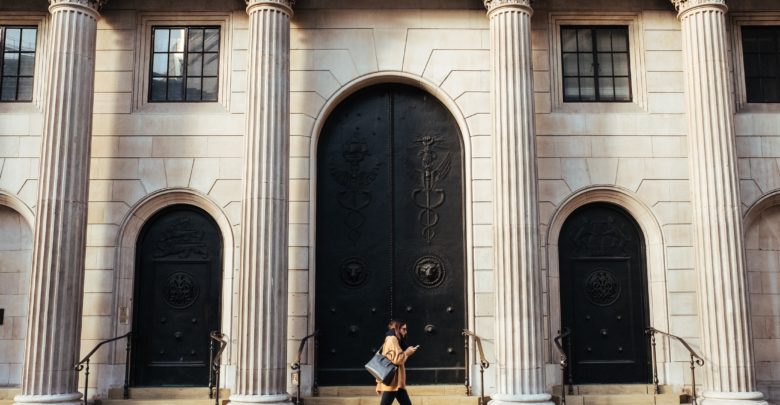Companies Associated With Cryptos Have Trouble Getting Bank Accounts In Malta’s ‘Blockchain Island’

What is the blockchain island?
In an interview with Forbes, the CEO of Malta’s Blockchain Summit, Eman Pulis gave this reasoning of why Malta is called the blockchain island, “Malta has put in the hard work to earn its title as the Blockchain Island. Government backing has created a haven for Crypto companies to flourish here in Malta. The legislative action which passed through parliament this summer has instigated a sense of security and stability, qualities which have lured some of the biggest companies in the industry to Malta.”

He also added that, “Top cryptocurrency exchanges like Binance and OKEx have already relocated, with others sure to follow – bringing an abundance of investment and employment opportunities with them and potentially transforming the island’s infrastructure. The relocation of foreign companies is also a boon to other industries in Malta, such as the hospitality sector, particularly when it comes to avenues focusing on entertainment, leisure and real estate.”
Trouble in paradise
Now, as per a report by the Times of Malta, there is trouble in this crypto paradise as the country’s major banks are not ready to make way for cryptocurrencies and are reportedly denying to work with companies that have invested in or are involved with blockchain based technology. This has become a major barrier in the way towards major adoption and progress.

The Maltese government has been supporting blockchain based businesses as they have high hopes for this as the future of their economy, however, many banks have their qualms about getting involved with or issuing bank accounts to businesses that are affiliated with crypto as most have yet to attain the Malta Financial Services Authority (MFSA) license. The government might be pro crypto but the entire process is lagging behind due to a lack of implementation of proper certification and protocols.
Although, legally, the banks are in the right, the situation gets murkier when they clump companies that develop cryptos and companies that simply make use of blockchain into one category.

Further in the report, Silvio Schembri, Malta’s Parliamentary Secretary for Financial Services states that, “The general understanding is that when it comes to crypto operators, banks are waiting for operators to obtain an MFSA licence before opening their doors – which is understandable.”
Talking further about the solution to this confusion he adds, “One should make a clear distinction between blockchain operators and crypto operators.”

Fortunately, the MFSA has announced that it will start issuing licenses in couple of months and that might help set the record straight.



